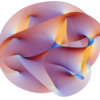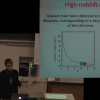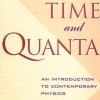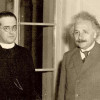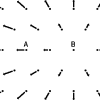A new understanding of the universe is wending its way into our world. What is it? Where does it come from? First let’s look at the old understanding. The Big Bang is the standard model of cosmology. It is based on general relativity and on evidence that space itself is expanding. It projects this picture […]
The Point of the Universe

